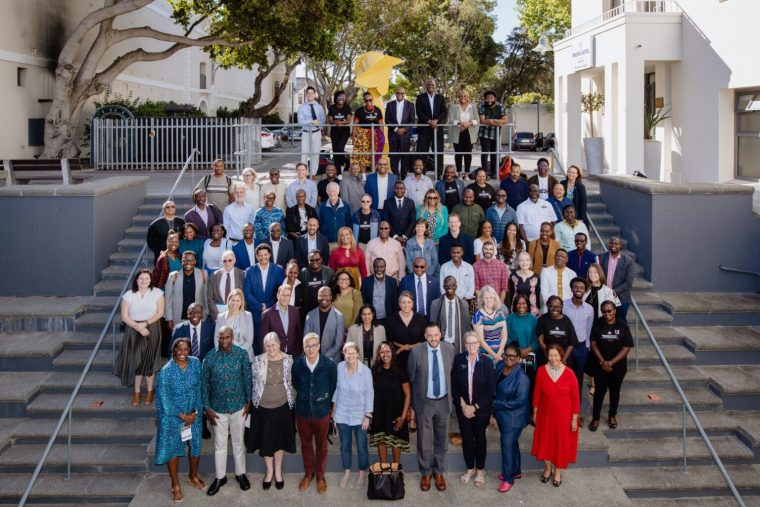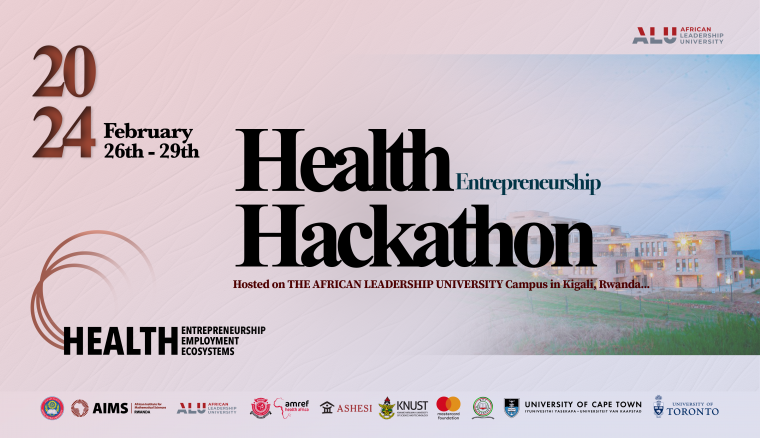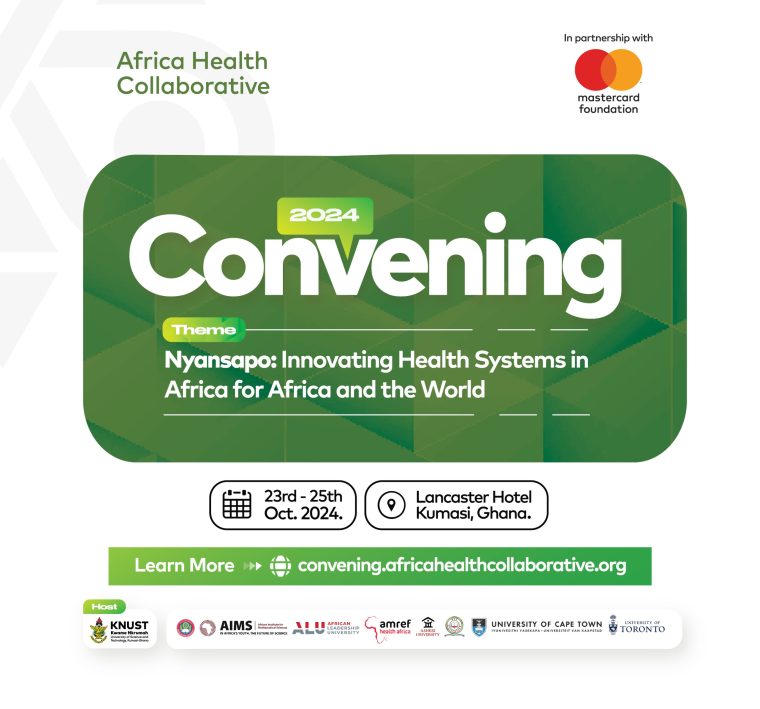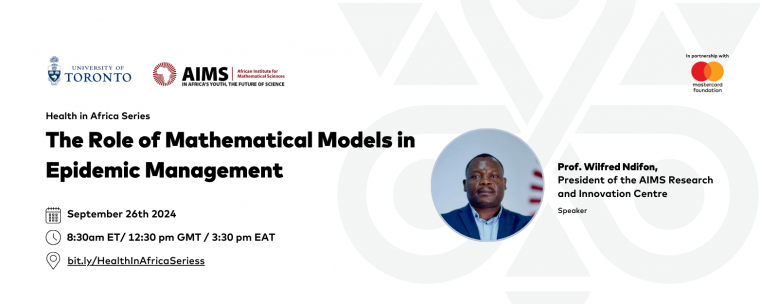Africa’s health sector grapples with numerous challenges ranging from limited access to quality healthcare, a significant disease burden, and an acute shortage of trained healthcare professionals. Within these challenges lie unprecedented opportunities for innovative solutions and the entrepreneurial spirit to thrive, ultimately driving a transformation of the healthcare landscape across the continent – with ripple impacts in the global health ecosystem.
The African Leadership University (ALU) recognizes these opportunities and has initiated a Healthcare Entrepreneurship Hackathon that seeks to encourage and facilitate the development of innovative, practical, and sustainable solutions to the complex challenges facing Africa’s healthcare sector. This is one of the initiatives of ALU under the Mastercard Foundation sponsored Higher Education Health Collaborative and our quest to develop a world class Entrepreneurial School of Health. The outcome of this hackathon (the solutions/ventures) will be tracked for implementation and impact, and subsequently presented at the 2nd Health Collaborative Convening to be held in Kumasi, Ghana in October 2024.
More News & Events
Skip scroller content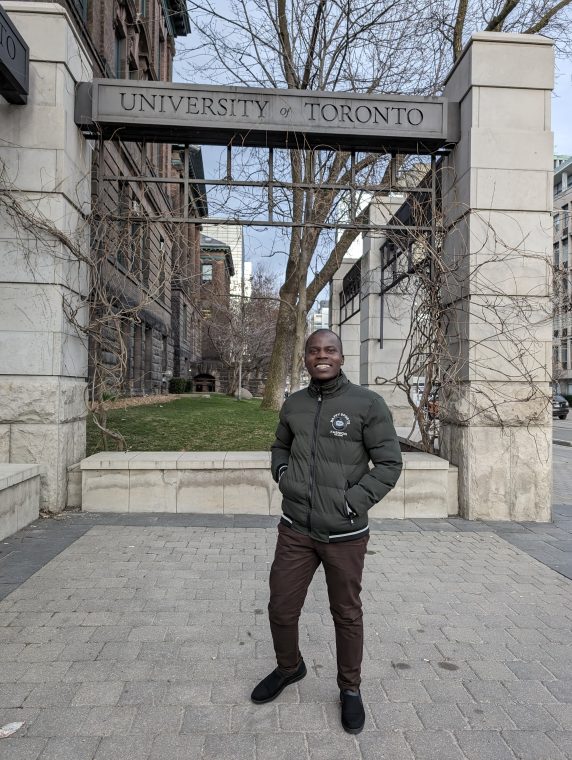
From Bedside to Big Data: A Nurse’s Transition to Health Informatics
In today’s rapidly evolving healthcare landscape, the intersection of clinical expertise and technological innovation is where the most significant impacts are made. My journey from nursing to health informatics is a testament to this shift—a journey that began with hands-on patient care and led me to the forefront of digital health solutions. This transition wasn’t […]
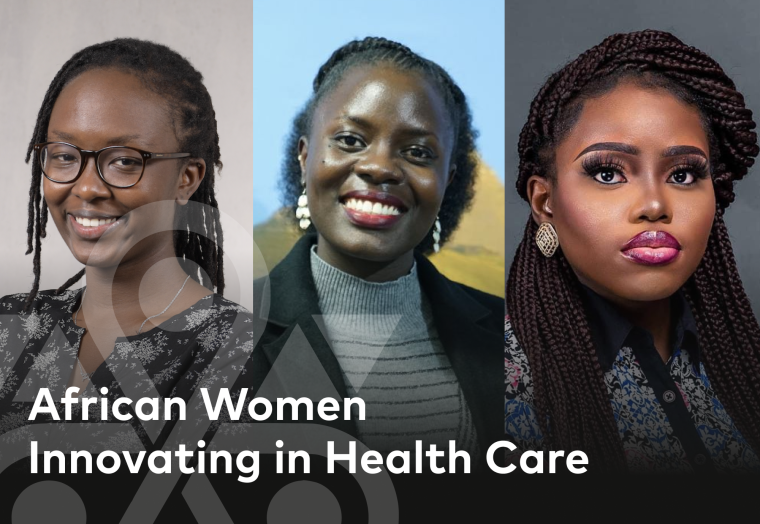
African Women Innovating in Health Care
This year, FemSTEM Africa engaged over 200 health innovators and enthusiasts through a series of events, concluding in a pitch competition and interactions with seasoned entrepreneurs. The five-part event series was organized by the University of Toronto’s Health Innovation Hub (H2i) in partnership with Social Enterprise (SE) Ghana, Sustineri Attorneys, supported by funding from the […]
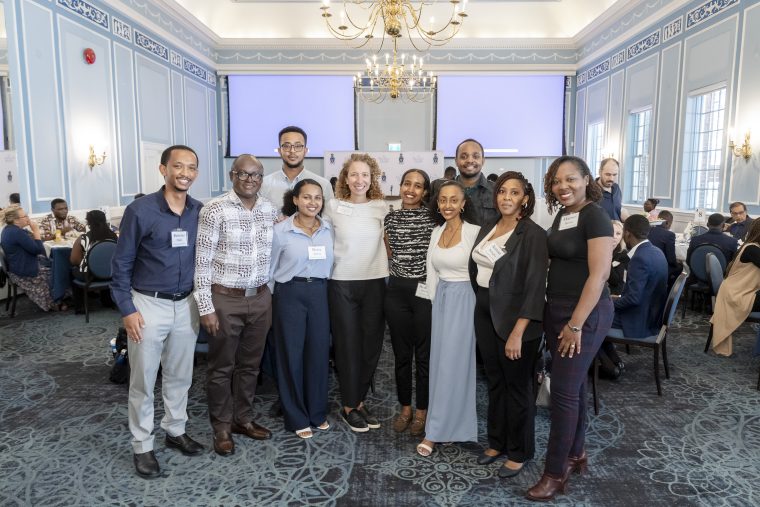
Apply for the Mastercard Foundation Doctor of Public Health Scholarship
How to Apply: Step One Prospective applicants must first consult the admission requirements for the Doctor of Public Health (DrPH) program of study. The link above will guide you in exploring this program. If you meet the academic requirements of this program, please follow through to step two. Step Two Review the recording of the […]
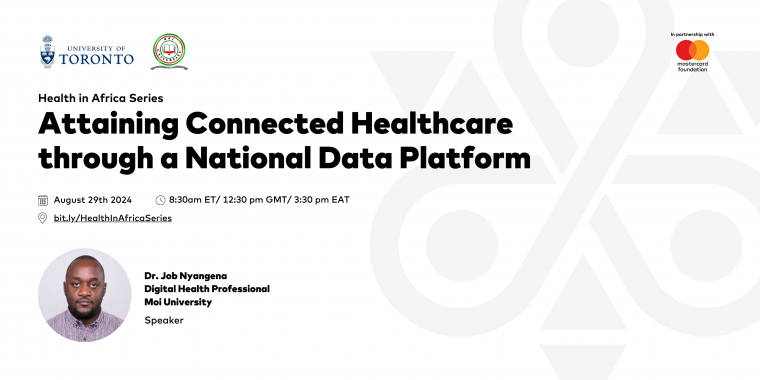
Attaining Connected Healthcare through a National Data Platform
About the Speaker (Dr. Job Nyangena): Dr. Job Nyangena is a medical doctor and seasoned digital health professional with a distinguished career spanning over a decade. Combining a strong foundation in medicine with a deep understanding of technology, Dr. Nyangena has been instrumental in shaping the digital health landscape both in Kenya and internationally. With […]
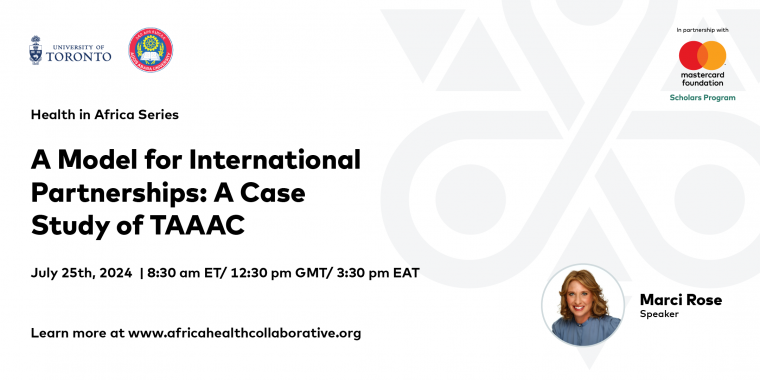
A Model for International Partnerships: A Case Study of TAAAC
The University of Toronto and Addis Ababa University are pleased to invite you to the next episode of the Health in Africa series discussing A Model for International Partnerships.
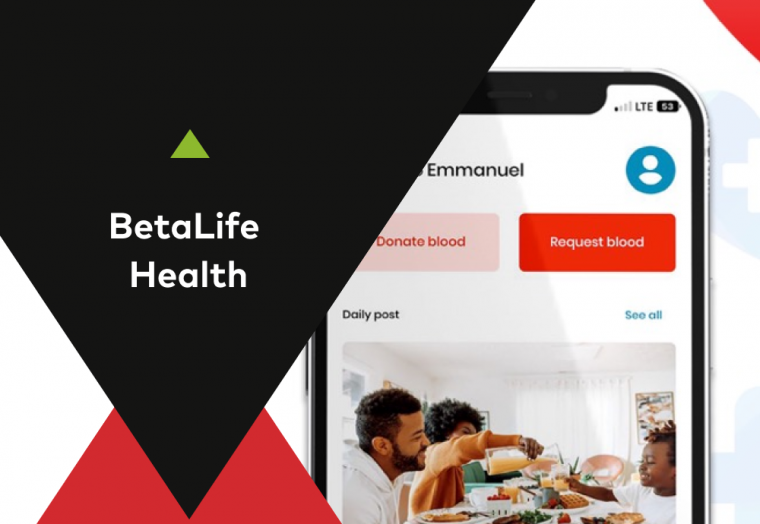
Venture Spotlight: BetaLife Health
BetaLife Health uses artificial intelligence (AI) to revolutionize blood supply management across Africa. Their platform uses predictive analytics to optimize blood inventory levels, distribution logistics and donor engagement, thereby improving the timeliness and availability of blood for transfusions.
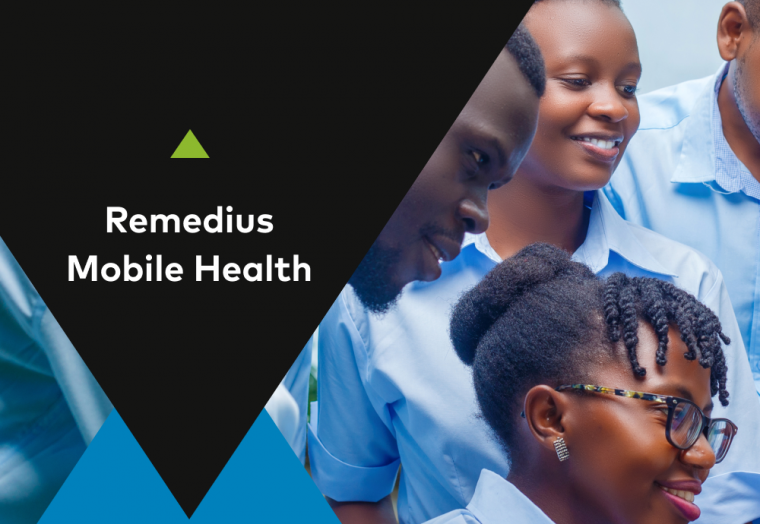
Venture Spotlight: Remedius Mobile Health
Remedius Mobile Health aims to combat the identified problems by leveraging telemedicine through the Remedius Live platform. They seek to provide fast virtual appointment scheduling with doctors and specialists at affordable rates of about five dollars and provide comprehensive care to chronically ill patients. This is executed through an integral network of facilities that provide physical care to these patients if need arises.

Venture Spotlight: Powerstove Energy
Powerstove designs and manufactures smart smoke-free cookstoves that also self-generate electricity for users to charge their mobile phones and power home appliances using proprietary renewable bio-pellets as fuel. These sustainable, mosquito repellent bio-pellets are produced from post-harvest crops and wood waste.
